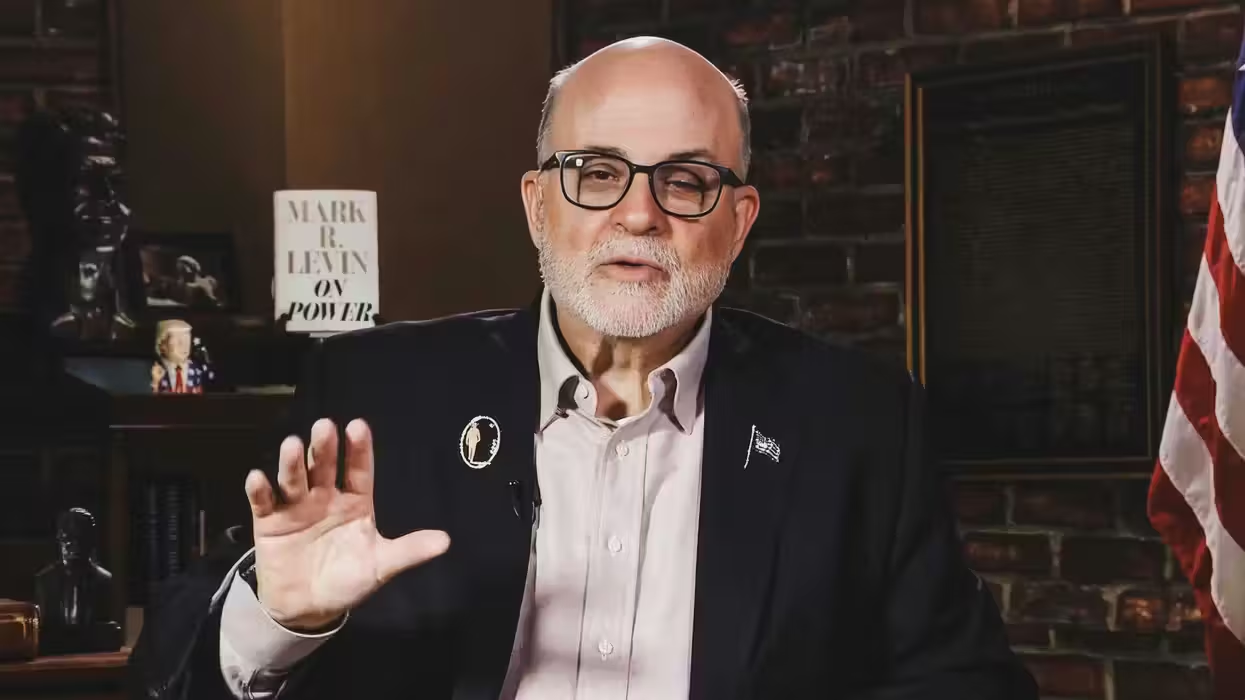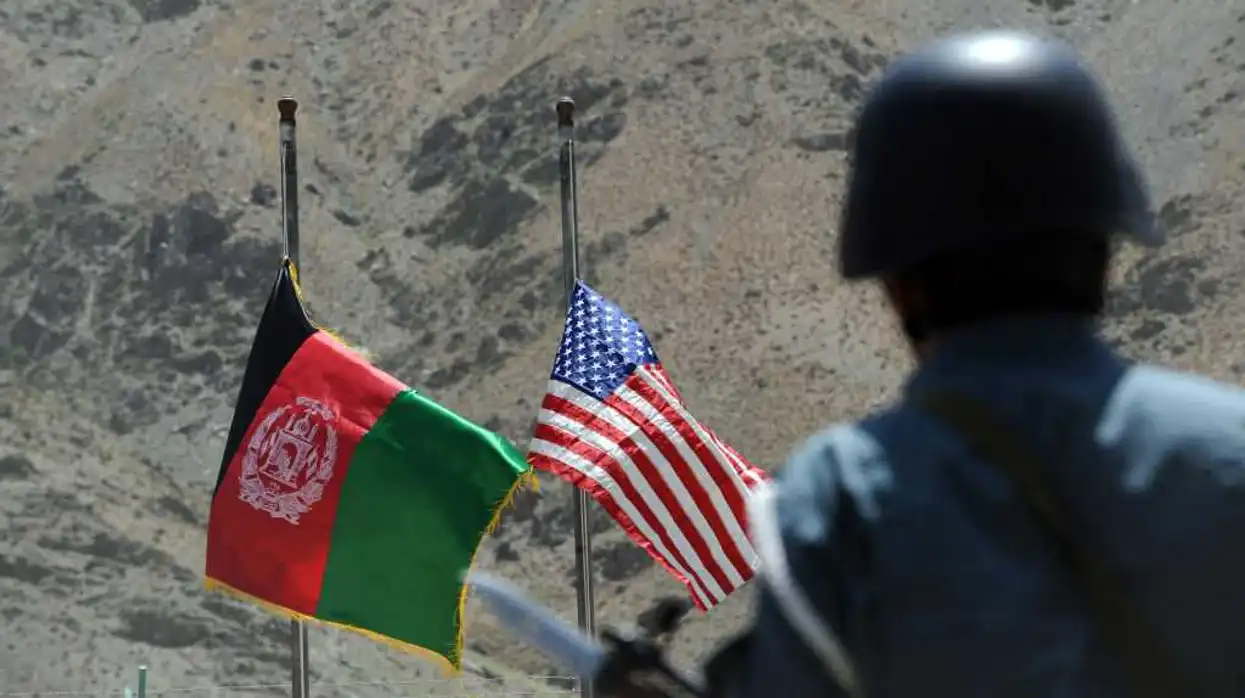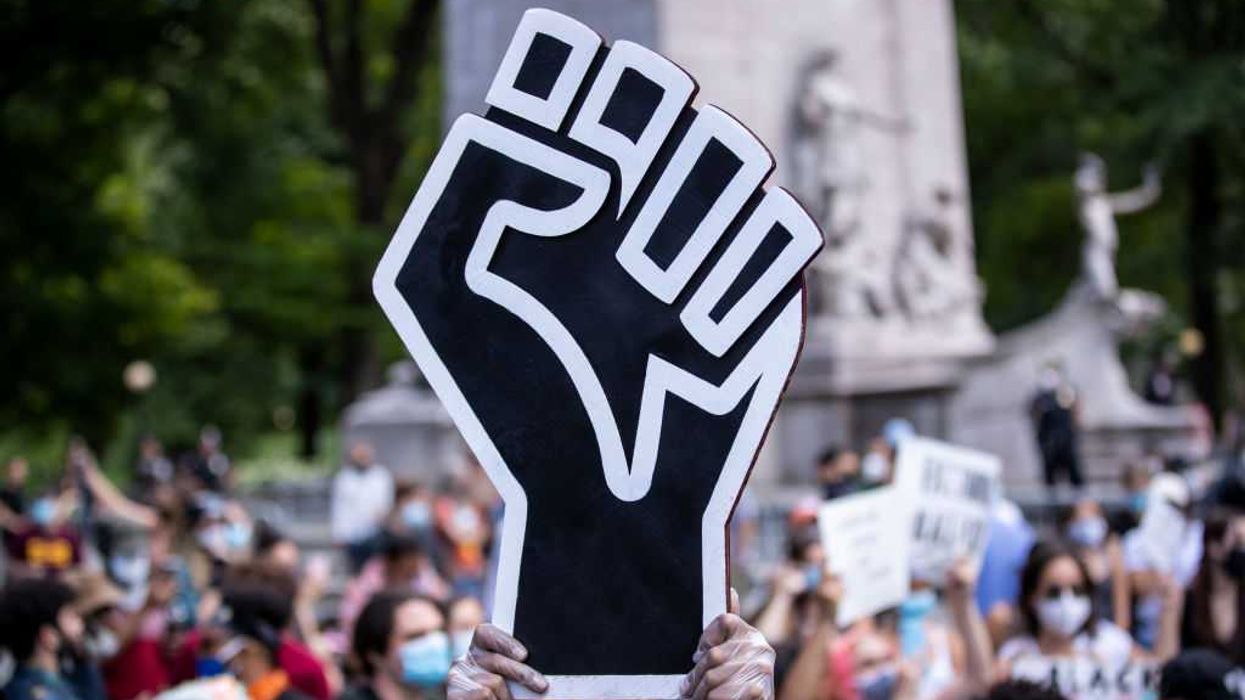A State Department spokeswoman said Thursday that the execution of James Foley by a member of the Islamic State is not leading to new discussions within the government about whether it should pay ransoms to terrorist groups who kidnap Americans.
"We do not make concessions to terrorists.," said Spokeswoman Marie Harf. "That includes, we do not pay ransoms."
 State Department Deputy Spokeswoman Marie Harf said the execution of James Foley by the Islamic State has not started a discussion about paying ransom to terrorist groups. AFP PHOTO/Brendan SMIALOWSKI
State Department Deputy Spokeswoman Marie Harf said the execution of James Foley by the Islamic State has not started a discussion about paying ransom to terrorist groups. AFP PHOTO/Brendan SMIALOWSKI
Harf was asked by several reporters about the possibility of ransom payments after reports that the Islamic State, also known as ISIL, sought millions of dollars in exchange for Foley's safe return. According to these reports, the U.S. government rejected the idea of paying it.
Harf reiterated that the longstanding position of the government is not to pay ransom to terrorists, and said ISIL is using ransom money to fund activities that the U.S. is trying to stop.
"One of the main ways ISIL has been funded throughout this conflict has been from ransom payments that others have paid," she said. "We believe just in 2014 that's in the millions of dollars."
"We believe that paying ransoms or making concessions would both put all Americans overseas at greater risk for kidnapping and in harm's way, but that ransoms would also fund and finance exactly the groups we are trying to degrade their capabilities," she added.
She also said she was not aware of any debate in the government about changing its position in light of the success France had in paying money for the safe return of two French hostages.
The issue raises the question of how different governments treat ransom situations, and whether the policies of other countries diminish the effects of the U.S. policy.
Harf was asked what steps the U.S. is taking to get other countries to stop paying ransom to the Islamic State. In response, she said, "We're having the conversation, we've had it for some time."
The Obama administration revealed on Wednesday that it tried unsuccessfully to enter Syria with a small team to rescue Foley earlier this year. Harf confirmed that the government did not intend to make this fact public, but had to after it was leaked to the press.
Earlier in the day, House Armed Services Committee Chairman Buck McKeon (R-Calif.) called for an investigation into how word of the rescue operation was leaked.
"Successful or not, such operations are incredibly sensitive, even after they have concluded," McKeon said. "Disclosure of these missions puts our troops at risk, reduces the likelihood that future missions will succeed, and risks the lives of hostages and informants alike.
"While I believe it was unwise for the White House and Department of Defense to formally acknowledge this operation; it is outrageous that someone would be so selfish and short sighted to leak it to the media," he added. "Secretary Hagel should investigate this matter immediately and thoroughly to determine who, if anyone, at the Department of Defense was the source of this damaging leak. Likewise, the heads of the other agencies involved should take similar steps."

 State Department Deputy Spokeswoman Marie Harf said the execution of James Foley by the Islamic State has not started a discussion about paying ransom to terrorist groups. AFP PHOTO/Brendan SMIALOWSKI
State Department Deputy Spokeswoman Marie Harf said the execution of James Foley by the Islamic State has not started a discussion about paying ransom to terrorist groups. AFP PHOTO/Brendan SMIALOWSKI






